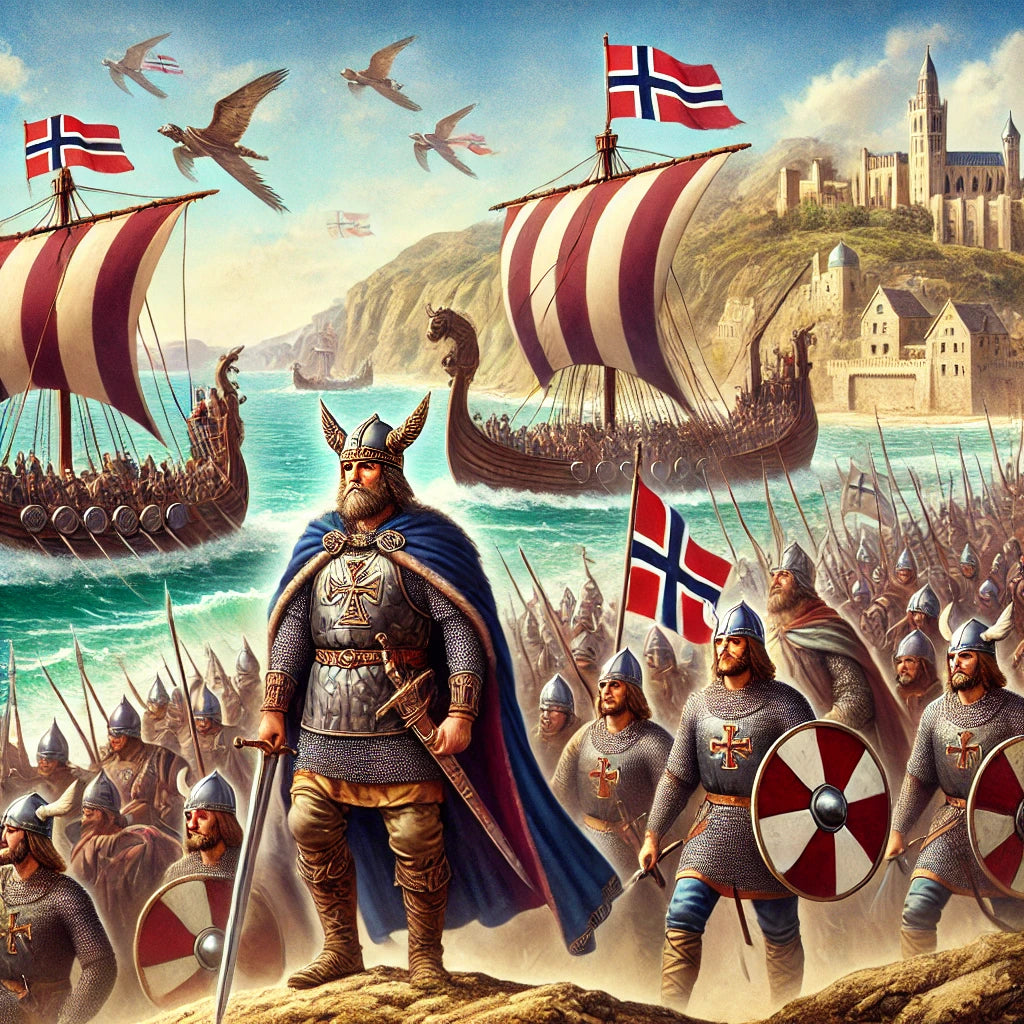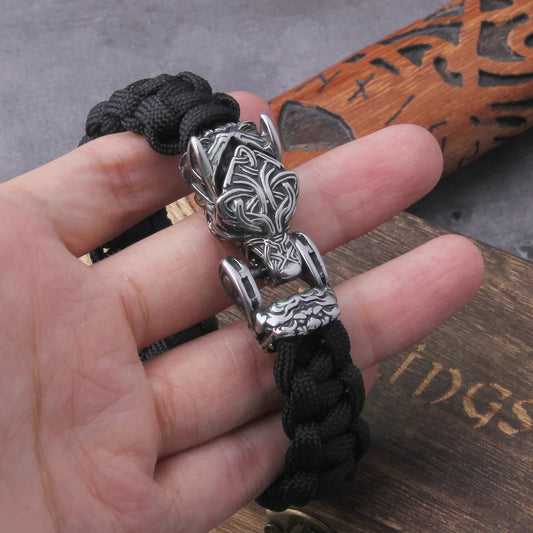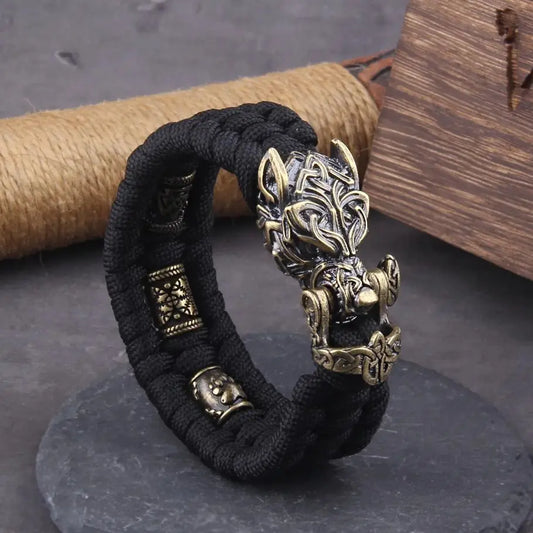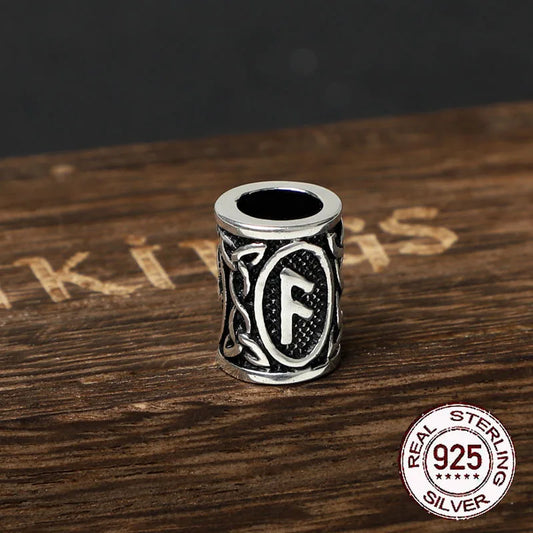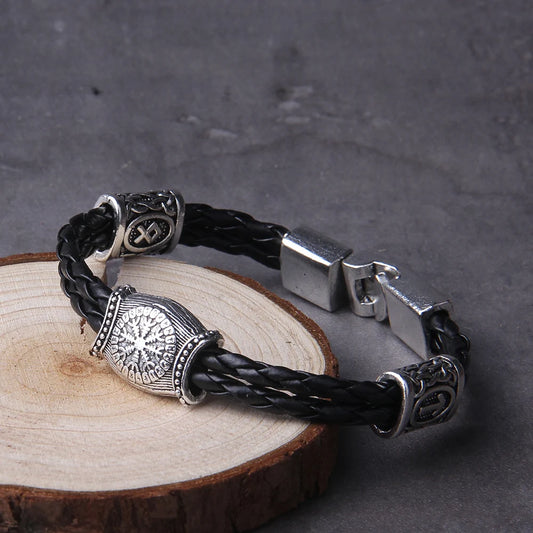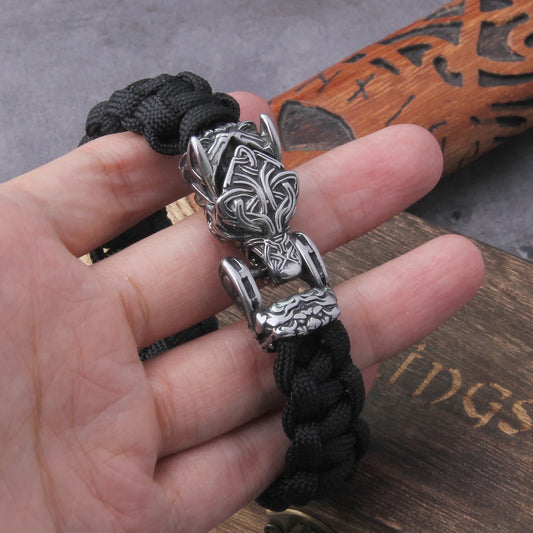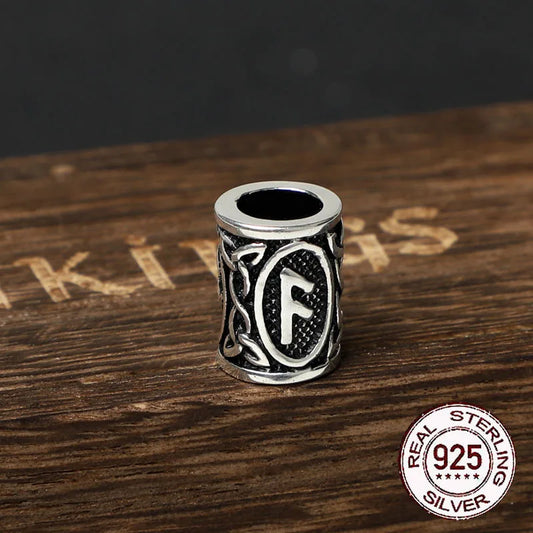King Sigurd I of Norway: The Viking Crusader
One of the most remarkable episodes of the Crusading era involves King Sigurd I of Norway, often called "Sigurd the Crusader." His expedition (1107–1110) marked the first recorded participation of a Scandinavian monarch in the Crusades. Sigurd’s journey combined Viking seafaring tradition with the newly embraced Christian faith, creating a compelling tale of adventure and devotion.
The Call to Crusade
By the early 12th century, Europe was gripped by the fervor of the Crusades. After the success of the First Crusade and the establishment of Crusader states in the Holy Land, Pope Urban II’s call to arms resonated even in distant Norway. King Sigurd, motivated by a blend of religious zeal and the allure of adventure, assembled a fleet to journey to Jerusalem.
The Epic Voyage
In 1107, Sigurd set sail with a fleet of 60 ships and several thousand men. The expedition mirrored traditional Viking raids but with a Christian purpose. Sigurd’s fleet navigated the treacherous Atlantic, through the Straits of Gibraltar, and into the Mediterranean.
Notable Stops:
- England: Sigurd stopped in England, where he was welcomed by King Henry I. The Norwegian king and his fleet resupplied before continuing their journey.
- Iberian Peninsula: Along the Spanish coast, Sigurd’s forces fought against Muslim forces, capturing several towns and securing supplies.
- Sicily: Sigurd was warmly received by King Roger II of Sicily, himself of Norman-Viking heritage. The two monarchs exchanged gifts and strengthened ties.
Arrival in the Holy Land
Sigurd and his men reached Jerusalem in 1110, where they were greeted by King Baldwin I of Jerusalem. Sigurd’s arrival bolstered the morale of the Crusader states, and he participated in ceremonies and military campaigns.
Key Contributions:
- Battle Assistance: Sigurd aided in the capture of Sidon, a strategically significant port city.
- Religious Devotion: In Jerusalem, Sigurd visited sacred sites and donated lavish gifts to the Church of the Holy Sepulchre.
- Symbolic Alliance: King Baldwin gifted Sigurd a relic, believed to be a piece of the True Cross, underscoring the unity between the Crusader states and Norway.
Legacy of Sigurd’s Crusade
King Sigurd returned to Norway in 1111, his expedition hailed as a success. His journey symbolized Norway’s integration into the Christian world and its commitment to defending Christendom. Sigurd earned the epithet "the Crusader," cementing his place in history as a bridge between Viking tradition and Christian knightly ideals.


